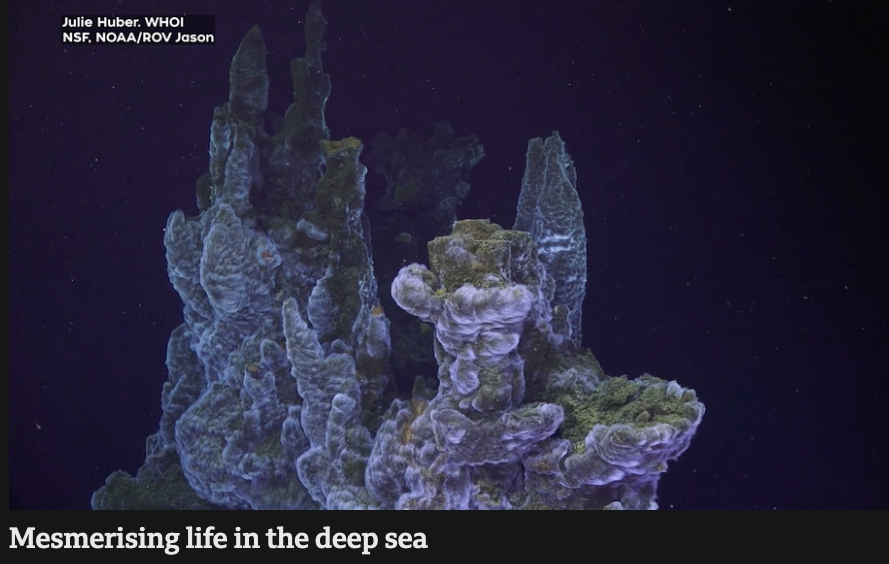
Ocean Fertilization Website - an informational website with resources for scientists and non-scientists, including "the basics" of iron and ocean iron fertilization, scientific and gray literature, policy documents, web and education resource list, newspaper/media articles, fertilization experiment links, and an infographic available in English and Spanish: https://web.whoi.edu/ocb-fert/
Ocean acidification Sea Islands infographic and accompanying video from @GullahGeechee by Queen Quet
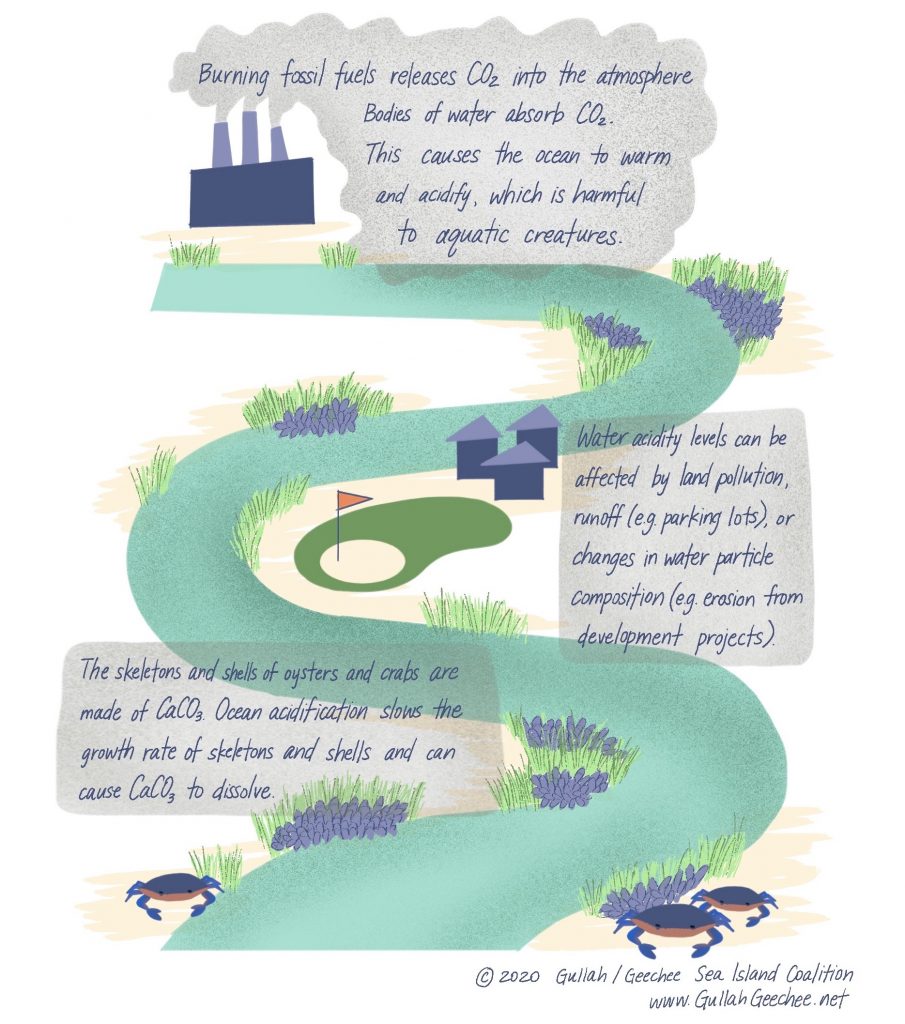
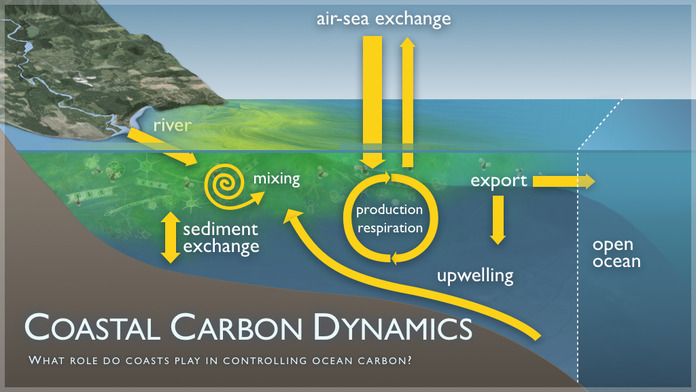
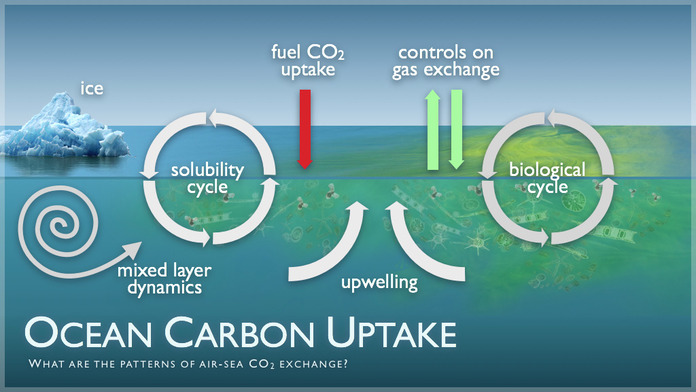

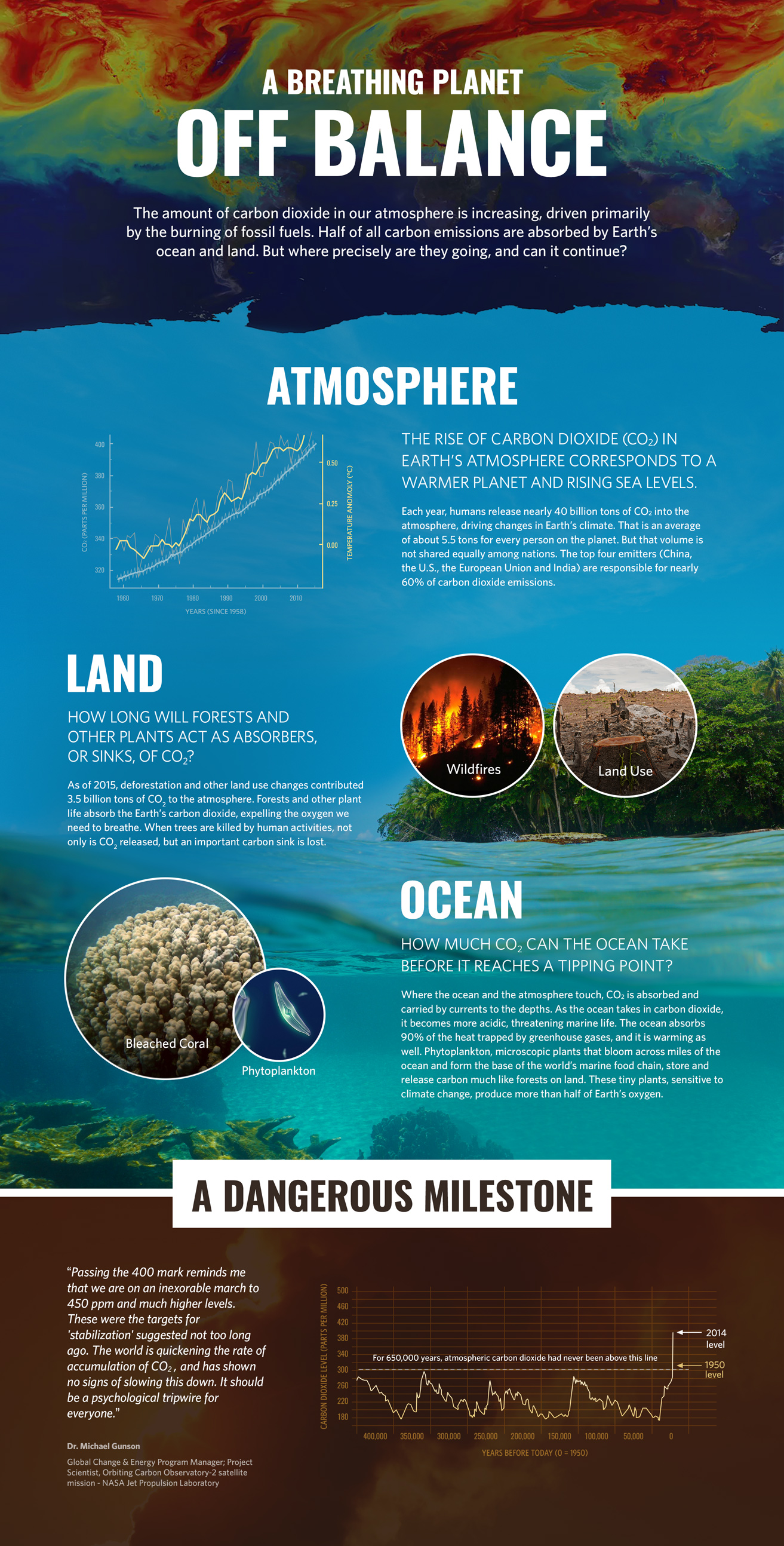
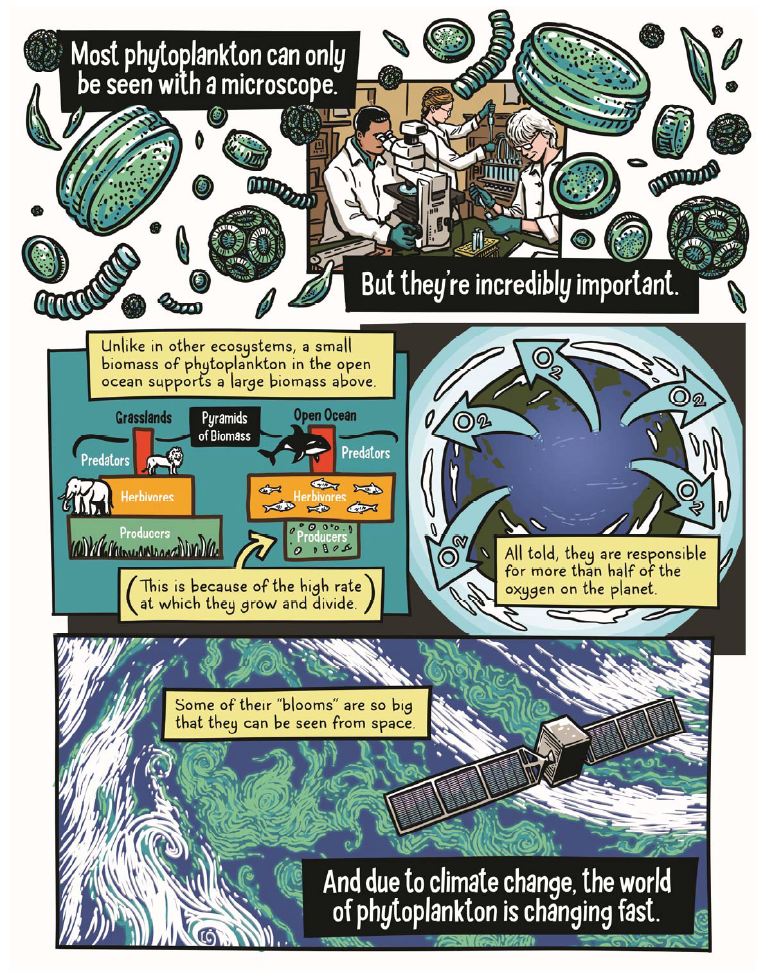
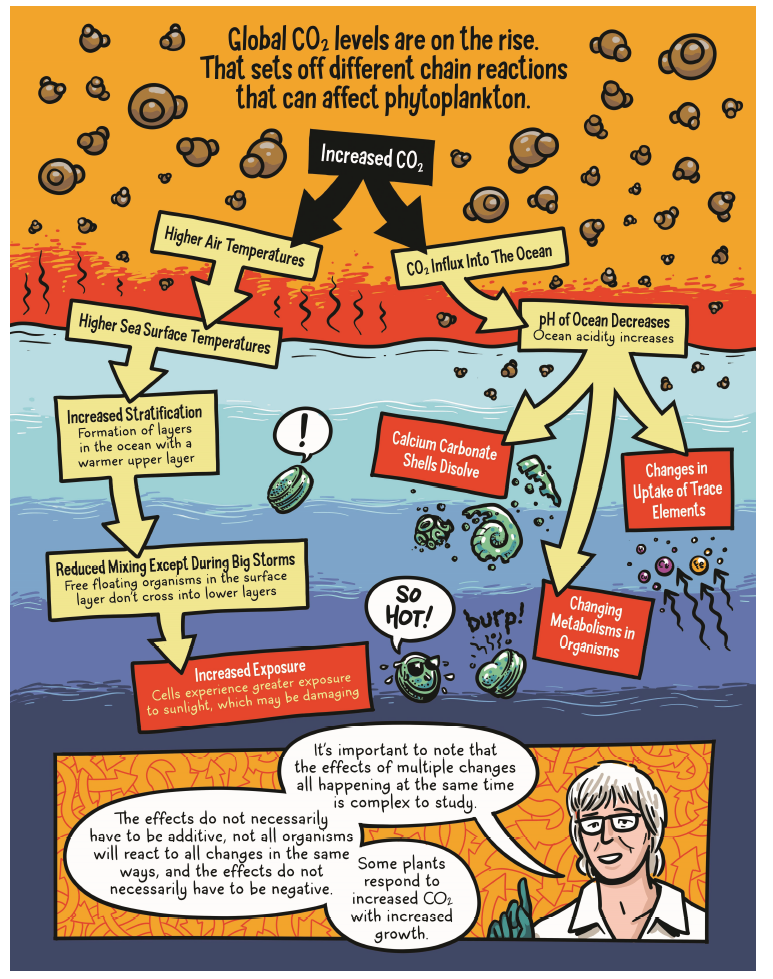
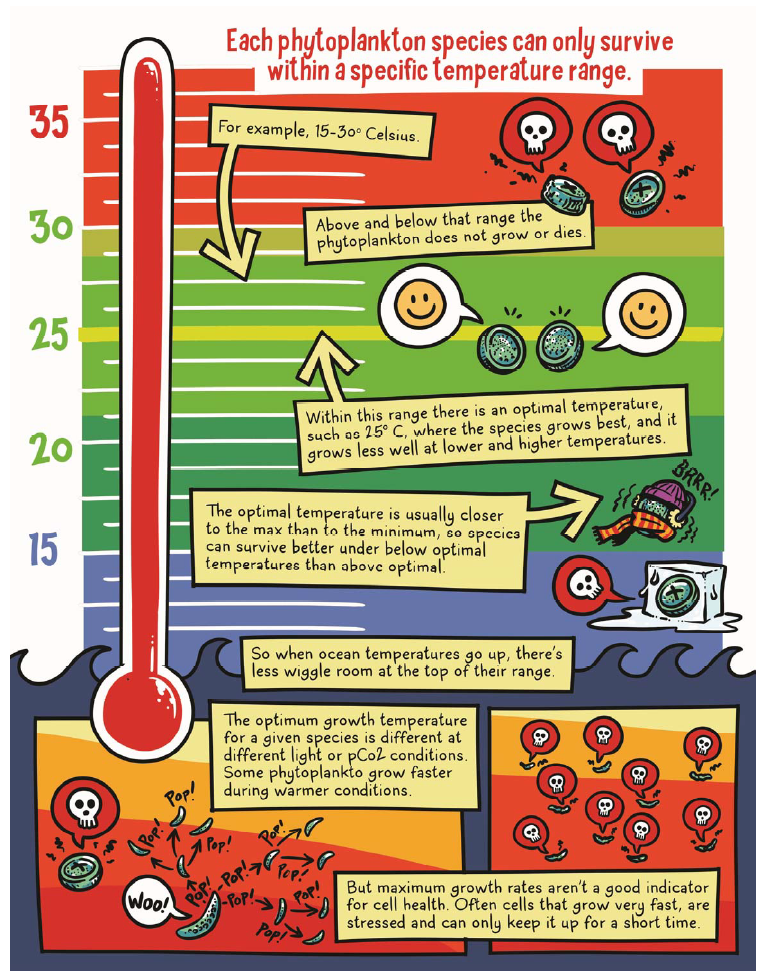
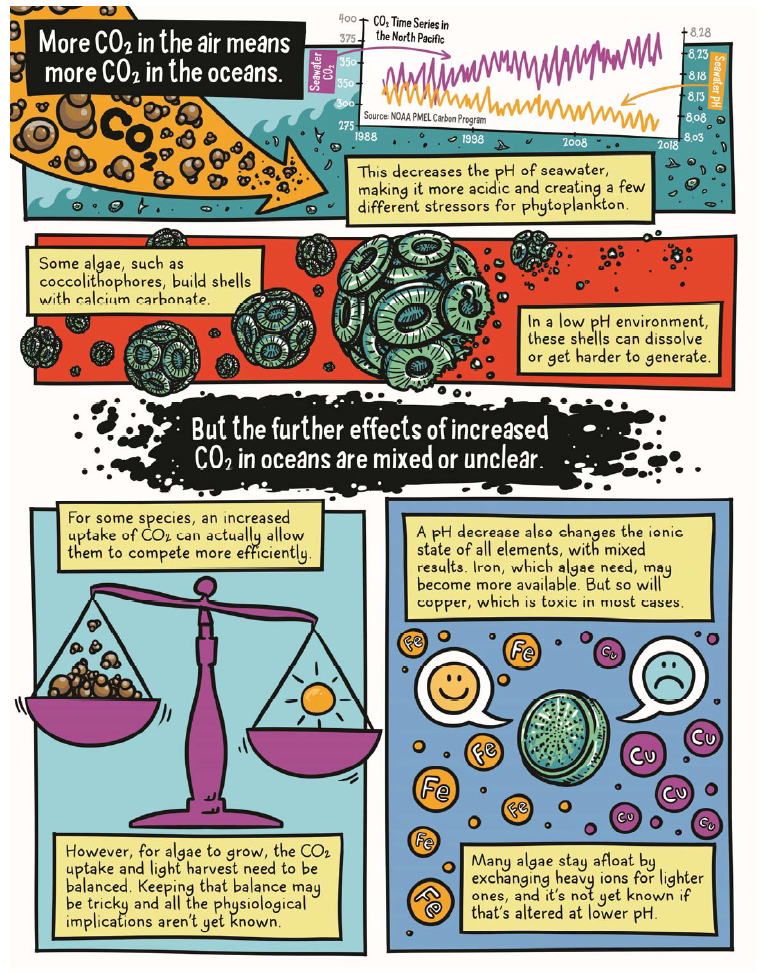
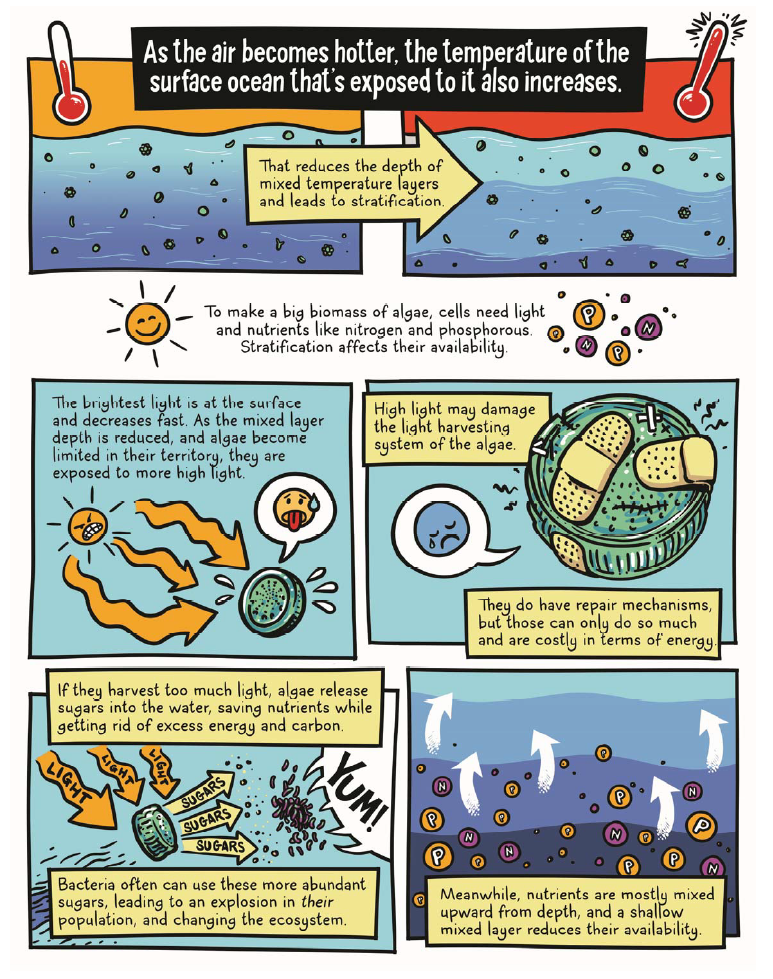
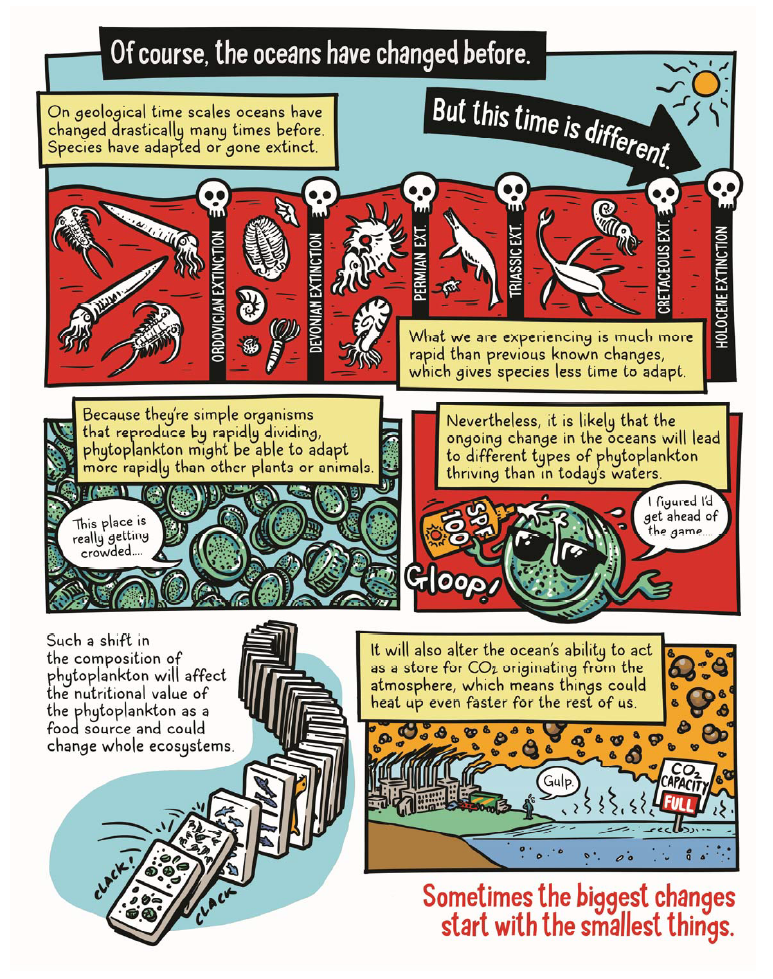
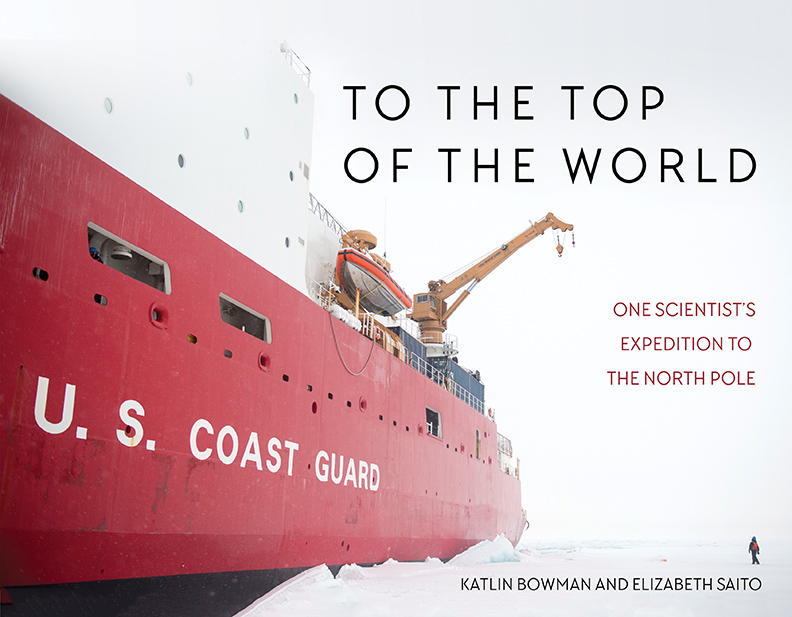
A new children’s book To the Top of the World images and stories of an Arctic GEOTRACES expedition.
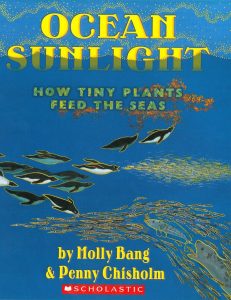
A children's book, Ocean Sunlight, on phytoplankton, photosynthesis, and the marine food web is now available. Click here for more information. View interview with the author and illustrator.
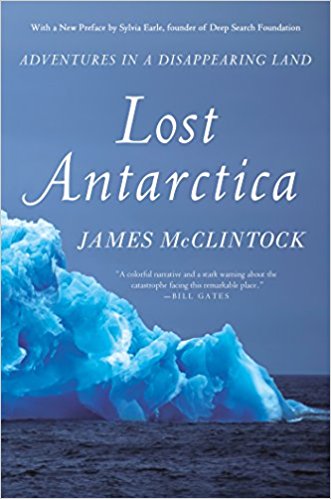
Lost Antarctica – Adventures in a Disappearing Land. Written for the general public and with excellent reviews in Nature, Smithsonian Magazine, Kirkus Reviews, and strong endorsements by E.O. Wilson, Sylvia Earle, Bill Gates, among others, an entire chapter of Lost Antarctica is devoted to explaining ocean acidification and its current and potential impacts on Antarctic marine life.